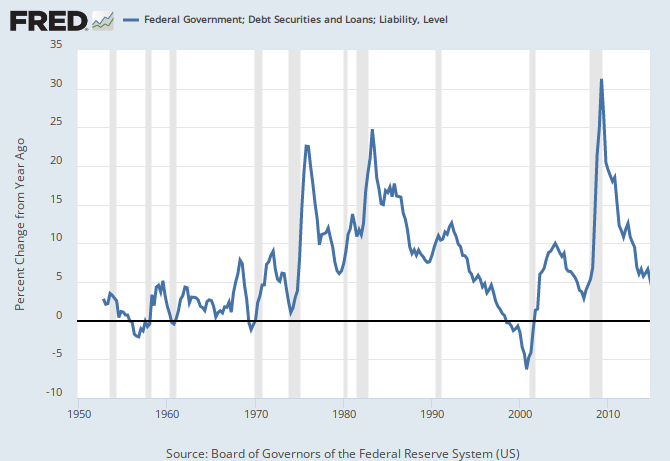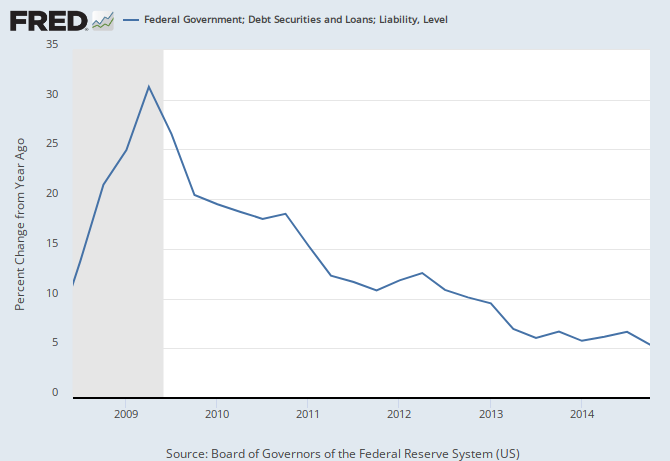by Rodger Malcolm Mitchell, www.nofica.com
What is the single, most serious problem facing the U.S. economy?
If you’re a regular reader, you know the answer, because I’ve been beating the same drum for years. The answer is the too-wide-and-widening income/wealth/power Gap between the rich and the rest.

Here are excerpts from an article that appeared in Harvard Magazine; it describes the self-perpetuating nature of poverty (The word “poverty” is a synonym for a too-wide Gap.)
Toward the end of WWII, the University of Minnesota enlisted 36 men to do a study of starvation.
The Science of Scarcity
by Cara Feinberg, May-June 2015The physical toll on these men was alarming. But researchers also observed disturbing mental effects they hadn’t expected: obsessions about cookbooks and recipes developed; men with no previous interest in food thought-and talked-about nothing else.
Overwhelming, uncontrollable thoughts had taken over, and as one participant later recalled, “Food became the one central and only thing really in one’s life.” There was no room left for anything else.
Research like the Minnesota study raised important questions: What happens to our minds-and our decisions-when we feel we have too little of something?
Why, in the face of scarcity, do people so often make seemingly irrational, even counter-productive decisions?
And if this is true in large populations, why do so few policies and programs take it into account?
Scarcity steals mental capacity wherever it occurs-from the hungry, to the lonely, to the time-strapped, to the poor.
That’s a phenomenon well-documented by psychologists: If the mind is focused on one thing, other abilities and skills-attention, self-control, and long-term planning-often suffer.
There, briefly, is the self-perpetuating aspect of poverty. Scarcity steals mental capacity.
As a group (and of course, there are individual exceptions) the poor focus on what they lack, losing attention to “less important” needs like, for instance, the education that would help them escape poverty.
The empty belly does not think well.
Further:
Professor of economics Sendhil Mullainathan, found that qualities often considered part of someone’s basic character-impulsive behavior, poor performance in school, poor financial decisions-may in fact be the products of a pervasive feeling of scarcity.
And when that feeling is constant, as it is for people mired in poverty, it captures and compromises the mind.
“To put it bluntly,” says Mullainathan, “if I made you poor tomorrow, you’d probably start behaving in many of the same ways we associate with poor people.” And just like many poor people, he adds, you’d likely get stuck in the scarcity trap.
“To put it crudely,” he explains, “poverty-no matter who you are-can make you dumber.”
Keep this in mind the next time someone talks about “food stamp mamas” or the need to cut Medicaid or to cut unemployment compensation as a stimulus for getting “those lazy people” back to work.
The cuts themselves help bring on the sometimes illogical, self-defeating behaviors we like to deplore.
Typically, Mullainathan explains, when the poor remain stuck in the grip of poverty, policymakers tend to ask what’s wrong with them, pointing to a lack of personal motivation or ability.
Rarely, he continues, do we as policymakers ask, “What is it about this situation that is enabling this failure?”
Yes, there are exceptional people who manage to lift themselves out of poverty, but what makes them exceptional is they are the exceptions.
America needs policies that, rather than punishing poverty, enable growth from poverty.
Don’t punish the starving child by withholding food, in a misguided effort to encourage ambition; first feed the child so he may focus on his ambitions.
Millions of people, who could contribute to the growth of America, are instead held back by their need to focus on their poverty. In short, their poverty not only hurts them; it hurts all of us.
Our economic planners believe that a growing economy will cure poverty. They focus first on the economy. (The “rising tide” theory.)
They have it backwards.
To grow America, we first must begin to cure poverty. Start with the Ten Steps to Prosperity.
No nation can tax itself into prosperity, nor grow without money growth. Monetary Sovereignty: Cutting federal deficits to grow the economy is like applying leeches to cure anemia.
- A growing economy requires a growing supply of dollars (GDP=Federal Spending + Non-federal Spending + Net Exports)
- All deficit spending grows the supply of dollars
- The limit to federal deficit spending is an inflation that cannot be cured with interest rate control.
- The limit to non-federal deficit spending is the ability to borrow.
THE RECESSION CLOCK


Vertical gray bars mark recessions.
As the federal deficit growth lines drop, we approach recession, which will be cured only when the growth lines rise. Increasing federal deficit growth (aka “stimulus”) is necessary for long-term economic growth.
Mitchell’s laws:
- Those, who do not understand the differences between Monetary Sovereignty and monetary non-sovereignty, do not understand economics.
- The more federal budgets are cut and taxes increased, the weaker an economy becomes.
- Liberals think the purpose of government is to protect the poor and powerless from the rich and powerful. Conservatives think the purpose of government is to protect the rich and powerful from the poor and powerless.
- The single most important problem in economics is the gap between rich and poor.
- Austerity is the government’s method for widening the gap between rich and poor.
- Until the 99% understand the need for federal deficits, the upper 1% will rule.
- To survive long term, a monetarily non-sovereign government must have a positive balance of payments.
- Everything in economics devolves to motive, and the motive is the Gap.







